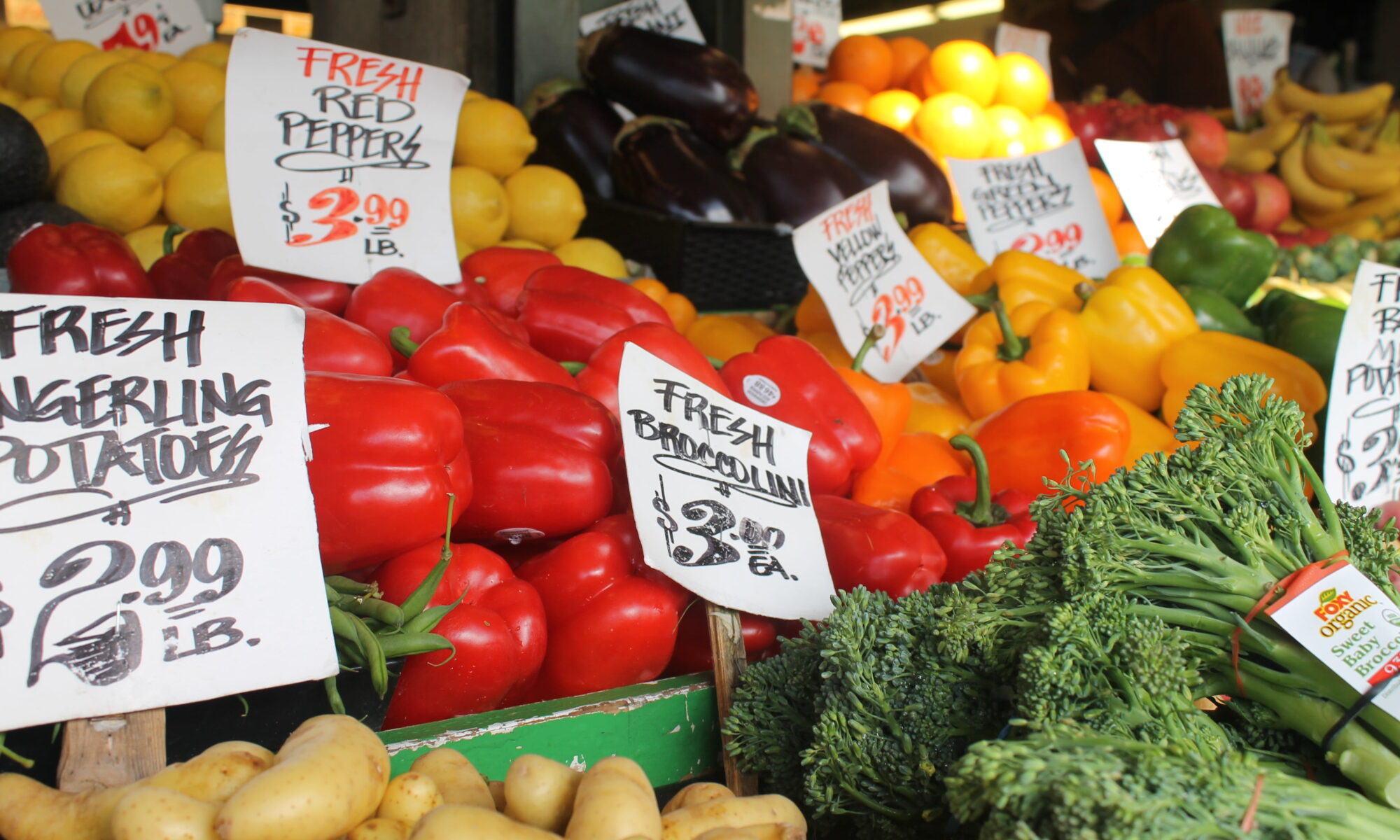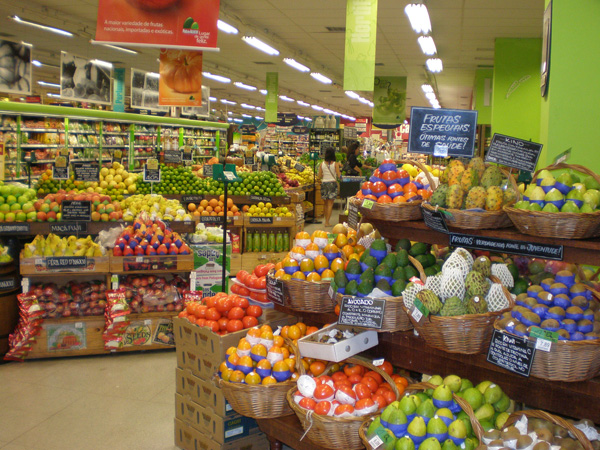I wrote a blog post in March this year “Food price inflation gathers pace” which used inflation data up to February. I concluded that post by noting that “the explanation for the continuing rise in food price inflation is mostly likely down to the lags in transmitting price changes through the food price chain. Food price increases in the past year, though very high, have not fully reflected the increases in prices at primary producer level. As food manufacturers and retailers continue to adjust their prices to these higher input costs, food price inflation is likely to continue at a high level”.… Read the rest
Food price inflation gathers pace
Overall inflation in the EU shows some tentative signs of moderating in the latest figures for the Harmonised Index of Consumer Prices (HICP) from Eurostat for February 2023. From a peak annual rate of inflation of 11.5% in October 2022, the annual rate fell to 9.9% in February 2023. This is entirely due to a fall in energy costs which also reached their peak in October 2022. Food price inflation, however, continues unabated and increased further in February 2023 to an unheard-of annual rate in recent decades of 19.1%. Unfortunately, this high rate of food price inflation looks set to continue for a further period.… Read the rest
Food prices, poverty and the CAP
The Fabian Society in the UK has established a Commission on Food and Poverty to examine how poverty relates to the food system. The Commission published an interim report in March based on the initial evidence it has gathered. The Commission’s approach is to look at access to food, health outcomes and what the consequences of the ways the food system operates are for low-income households in the UK and consequently elsewhere.
I recently made a submission to the Commission on the way in which agricultural policy affects food prices and the implications this might have for consumption, nutrition and health.… Read the rest
Rising numbers of families cannot afford to spend enough on food
The consequences of recent economic trends and the economic crisis for food consumption are graphically highlighted in a recent OECD report Society at a Glance 2014. The report discusses how many families have cut back on essential spending, including on food, compromising their current and future well-being. Reduced spending on food is one of the main causes of food insecurity, a term that describes a situation where inadequate access to food does not allow all members of a household to sustain a healthy lifestyle. According to the OECD:
… Read the restIn the United States, where the incidence of food insecurity is monitored on a regular basis, rates of food insecurity have soared since 2007.
Comparative food prices across the EU
The food system has been subject to a series of shocks, including the sharp rise in commodity prices since 2007 and the economic recession and subsequent austerity measures in many countries since 2009. These shocks are likely to have affected different countries in different ways, so what has been happening to relative food prices across countries as a result?
Two sets of food price data are of use in this regard. Eurostat has developed a food prices monitoring tool which provides data on the monthly evolution of prices at different levels of the food value chain (commodity, processor and consumer) for EU countries.… Read the rest
The development angle
“Waste at home and damage abroad”. That is how one Member of the European Parliament described the common agricultural policy. Gabrielle Zimmer, a German MEP who sits on the parliament’s development committee, was speaking at a conference convened last month by the United Nations Millenium Campaign to look at the impact of Europe’s farm tariffs and subsidies on developing countries.
According to Eckhard Deutscher, Chair of the OECD Development Assistance Committee (DAC) and another participant in the same meeting,
… Read the rest“The biggest challenge the EU’s development aspirations are facing is the lack of policy coherence. The trade, development, agriculture and environmental policies are simply out of sync with regard to developing countries.”



